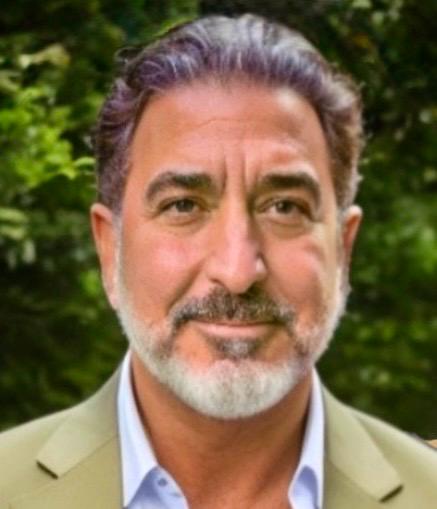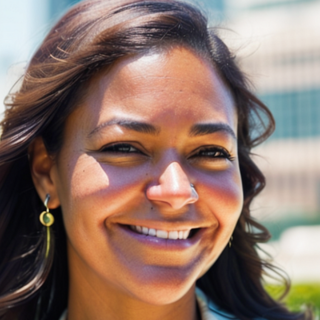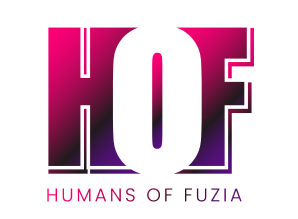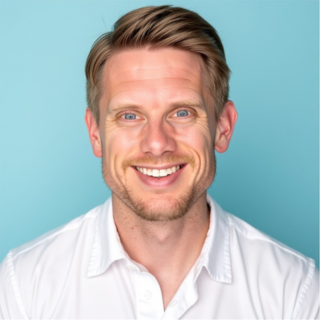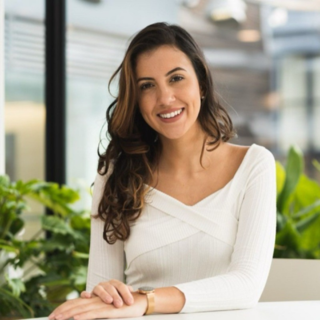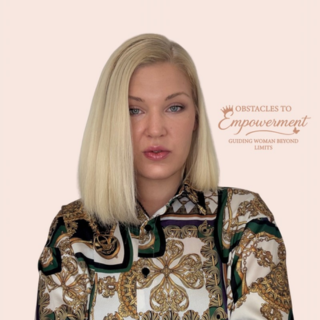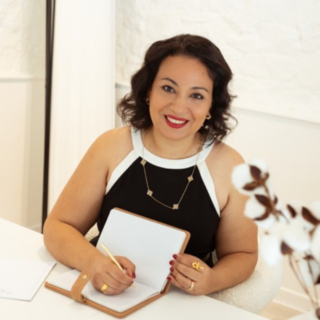Jonscott Turco is a global leadership advisor, educator, and founder of Failure Intelligence (FQ) — a concept that transforms how we perceive setbacks. With over three decades of experience across 50+ countries, he has worked with top leaders and organizations to create cultures of innovation, agility, and emotional intelligence. His philosophy centers on “failing well” — turning every failure into data for growth. Humans of Fuzia is featuring Jonscott for his powerful mission to reshape leadership and inspire our 5 million-strong community to embrace vulnerability, resilience, and courage — qualities essential for both men and women striving to create change. His work embodies our shared vision of He for She and She for She, reminding us that strength often begins with learning from failure.
Q: You’ve had a remarkable career in leadership and coaching. Could you share what inspires your work today?
A: What really drives me now is my work around Failure Intelligence, or FQ. It’s about helping leaders and individuals metabolize failure — seeing it not as an endpoint but as data, as the beginning of something new. We’re taught how to succeed, but not how to fail well. I want people to see failure as fuel for learning, creativity, and innovation.
Q: That’s a powerful idea. How did you come to develop the concept of Failure Intelligence?
A: It evolved over my 30-year career. I realized that every great leader I’ve coached succeeded because they learned how to handle failure with emotional maturity. Many organizations talk about innovation, but they create fear around failure — employees stop taking risks because they’re afraid of losing their jobs. Failure Intelligence helps leaders build emotional metabolism: the ability to process setbacks, course-correct, and grow stronger.
Q: How do you put this philosophy into practice through your work?
A: I work on three main levels.
First, I coach C-suite leaders to transform their leadership styles and drive innovation at the top.
Second, I work with executive teams to help them collaborate better during big initiatives — like mergers or cultural transformations.
And third, I advise large organizations to build cultures of psychological safety, agility, and innovation. I’ve done this work with companies like Airbus, BNP Paribas, and Standard Chartered, helping them internalize failure as a stepping stone toward success.
Q: You often speak about “emotional metabolism.” Could you explain what that means?
A: Emotional metabolism is how we process experiences, especially difficult ones. Just as our bodies digest food, our minds and hearts need to process emotions. If we don’t “digest” failure properly, it becomes fear. But if we metabolize it, we gain wisdom. It’s a critical skill — for leaders, employees, and even students — because emotional resilience is what allows people to innovate, collaborate, and grow.
Q: You mentioned you’re working with students as well. How are you bringing this message to younger generations?
A: I’m very passionate about this. I’m giving a keynote at the American University of Ras Al Khaimah on Failure Intelligence and leading a masterclass for about a thousand students. I also write regularly on Medium and LinkedIn to reach younger audiences. My goal is to teach future leaders how to fail forward — to view every setback as preparation for something greater. I’m even working on a book and potentially a TED Talk focused on this theme.
Q: You also connected failure and innovation to children’s digital habits in an interesting way. Could you share your thoughts on that?
A: Sure. I once read about kids resetting video games every time they “lost a life,” which means they never experienced failure in the game. That pattern extends to real life — we’re raising generations that avoid failure instead of learning from it. As parents, we have to model resilience. My own routine — yoga at 4:45 a.m., reading, mindfulness — is part of what my children see. They learn from how we behave, not just what we say.
Q: What are some of your aspirations for the next few years, personally and professionally?
A: I want to continue expanding FQ as a framework for leadership and education. There’s a huge interest in it globally — especially from schools and universities that want to teach resilience and emotional agility. On a personal level, my goal is to live what I teach: to maintain balance, keep learning, and help others grow. I always say complacency is an addiction — so I make sure I’m always stretching myself.
Q: You’ve worked with leaders across 50 countries. What core qualities do you think define impactful leadership?
A: I guide leaders through seven core principles: positivity, authenticity, courage, action, joy, gratitude, and resilience. Of these, courage and action are the most transformative. Without courage to take risks and the action to follow through, nothing changes. Every breakthrough I’ve seen — in individuals or companies — begins with a brave step into the unknown.
Q: You shared a wonderful story in your interview about your first job at L’Oréal. Could you tell us what that experience taught you?
A: Absolutely. During my interview, my bus broke down, and I ran to make it on time — sweating and out of breath. The man who saw me in the restroom turned out to be my interviewer. Months later, they created a new position for me because they said I wouldn’t give up until I got hired. At my first review, that same man said, “You haven’t really screwed up yet.” It shocked me, but it taught me that if you don’t push boundaries and fail, you’ll never achieve anything truly great. That’s been my guiding lesson ever since.
Q: You’ve described something called “The Best Worst Thing.” What does that mean?
A: It’s about reframing our perspective on painful experiences. Sometimes, what feels like the worst event of your life turns out to be the most important teacher. When you look back years later, you realize that if you could undo it, you wouldn’t — because it shaped who you became. That’s The Best Worst Thing. It’s the essence of resilience.
“Failure isn’t the opposite of success — it’s the pathway to it. If you can learn to fail forward, you can learn to do anything.”
Connect with Jonscott Turco:
You can connect with Jonscott Turco on LinkedIn and read his articles on Medium.
Want to be featured?
If you’d like to be featured in the Humans of Fuzia series, email us at fuziatalent@fuzia.com.



